9 start with G start with G

Genealogy and Literature was first published in 1995. Minnesota Archive Editions uses digital technology to make long-unavailable books once again accessible, and are published unaltered from the original University of Minnesota Press editions.
Traditionalists insist that literature transcends culture. Others counter that it is subversive by nature. By challenging both claims, Genealogy and Literature reveals the importance of literature for understanding dominant and often violent power/knowledge relations within a given society.
The authors explore the ways in which literature functions as a cultural practice, the links between death and literature as a field of discourse, and the possibilities of dismantling modes of bodily regulation. Through wide-ranging investigations of writing from England, France, Nigeria, Peru, Japan, and the United States, they reinvigorate the study of literature as a means of understanding the complexities of everyday experience.
Contributors: Claudette Kemper Columbus, Lennard J. Davis, Simon During, Michel Foucault, Ellen J. Goldner, Tom Hayes, Kate Mehuron, Donald Mengay, Imafedia Okhamafe, Lee Quinby, José David Saldivar, Malini Johar Schueller.
Lee Quinby is professor of English and American studies at Hobart and William Smith Colleges. She is the author of Anti-Apocalypse: Exercises in Genealogical Criticism (Minnesota, 1994).
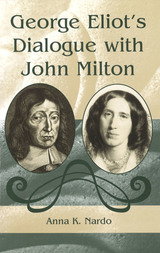

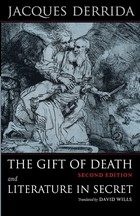
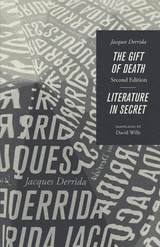
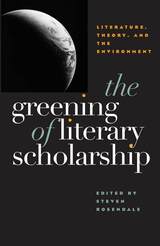
Each essay in this impressive collection challenges the notion that the study of environmental literature is separate from traditional concerns of criticism, and each applies ecocritical scholarship to literature not commonly explored in this context. New historicism, postcolonialism, deconstructionism, and feminist and Marxist theories are all utilized to evaluate and gain new insights into environmental literature; at the same time, Percy Bysshe Shelley, Upton Sinclair, Leslie Marmon Silko, and Susan Howe are studied from an ecocritical perspective.


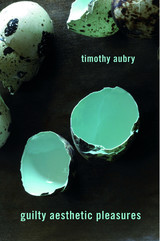
In the wake of radical social movements in the 1960s and 1970s, literary studies’ embrace of politics entailed a widespread rejection of aesthetic considerations. For scholars invested in literature’s role in supporting or challenging dominant ideologies, appreciating literature’s formal beauty seemed frivolous and irresponsible, even complicit with the iniquities of the social order. This suspicion of aesthetics became the default posture within literary scholarship, a means of establishing the rigor of one’s thought and the purity of one’s political commitments. Yet as Timothy Aubry explains, aesthetic pleasure never fully disappeared from the academy. It simply went underground.
From New Criticism to the digital humanities, Aubry recasts aesthetics as the complicated, morally ambiguous, embattled yet resilient protagonist in late twentieth-century and early twenty-first–century literary studies. He argues that academic critics never stopped asserting preferences for certain texts, rhetorical strategies, or intellectual responses. Rather than serving as the enemy of formalism and aesthetics, political criticism enabled scholars to promote heightened experiences of perceptual acuity and complexity while adjudicating which formal strategies are best designed to bolster these experiences. Political criticism, in other words, did not eradicate but served covertly to nurture reading practices aimed at achieving aesthetic satisfaction.
Guilty Aesthetic Pleasures shows that literary studies’ break with midcentury formalism was not as clean as it once appeared. Today, when so many scholars are advocating renewed attention to textual surfaces and aesthetic experiences, Aubry’s work illuminates the surprisingly vast common ground between the formalists and the schools of criticism that succeeded them.
READERS
Browse our collection.
PUBLISHERS
See BiblioVault's publisher services.
STUDENT SERVICES
Files for college accessibility offices.
UChicago Accessibility Resources
home | accessibility | search | about | contact us
BiblioVault ® 2001 - 2024
The University of Chicago Press









